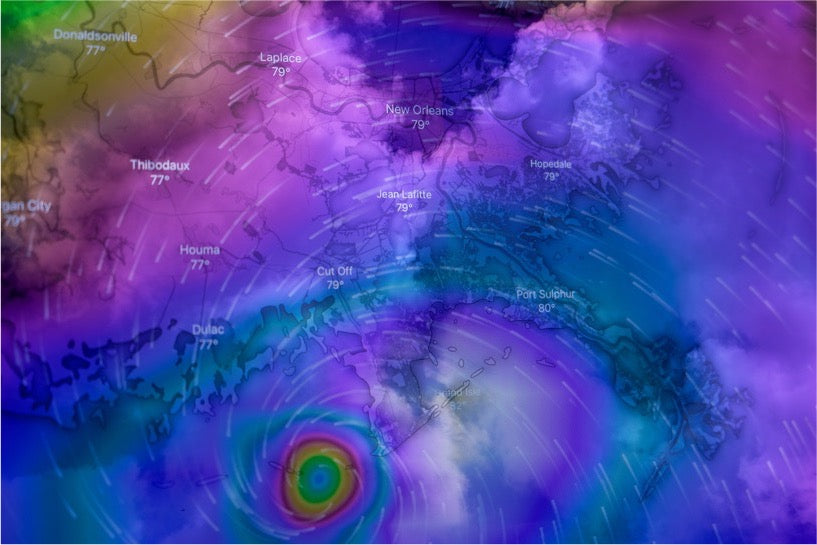
Does Weather Impact Constipation?
While it is widely accepted that weather can influence our overall health and well-being, the direct impact of weather conditions on constipation is a subject that requires further investigation. Though anecdotal evidence and personal experiences may suggest a correlation, scientific research on the topic is limited, and studies exploring the link are sparse. Several theories have been proposed to explain how weather might impact constipation. Let's explore some of the hypotheses put forth:
- Dehydration: Hot and dry weather conditions can lead to increased perspiration, potentially causing dehydration. Insufficient fluid intake can result in hardening of stools and difficulty in passing them, which may contribute to constipation.
- Thermoregulation and Digestion: Our body's thermoregulation mechanisms play a significant role in maintaining optimal digestion. Extreme temperatures, whether excessively cold or hot, can divert energy from the digestive process to help regulate body temperature. This diversion may slow down the movement of food through the digestive tract, potentially leading to constipation.
- Reduced Physical Activity: Extreme weather conditions, such as excessive heat or cold, can discourage outdoor activities. Physical inactivity, in turn, can slow down the digestive system, leading to constipation.
- Diet and Seasonal Changes: Changes in diet, particularly during seasonal transitions, may affect bowel movements. For example, a shift from a fiber-rich summer diet to a less fibrous winter diet could potentially impact regularity.
- Psychological Factors: Weather conditions can influence our mental state, potentially leading to stress, anxiety, or mood changes. These psychological factors have been known to affect bowel movements in some individuals.
While research on the direct impact of weather on constipation is limited, a few studies have explored related aspects. However, more research is needed to establish a definitive link between weather and constipation.



